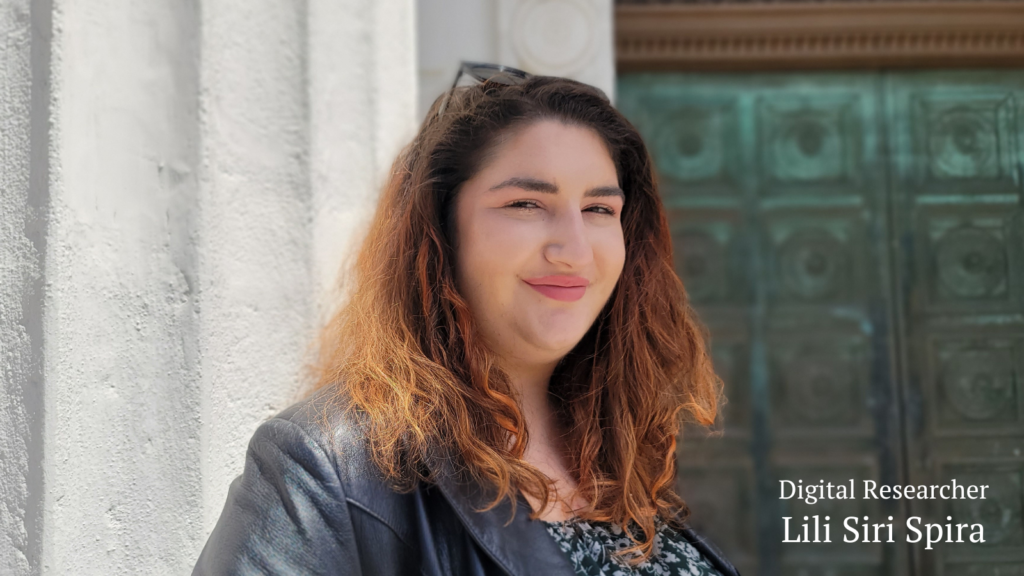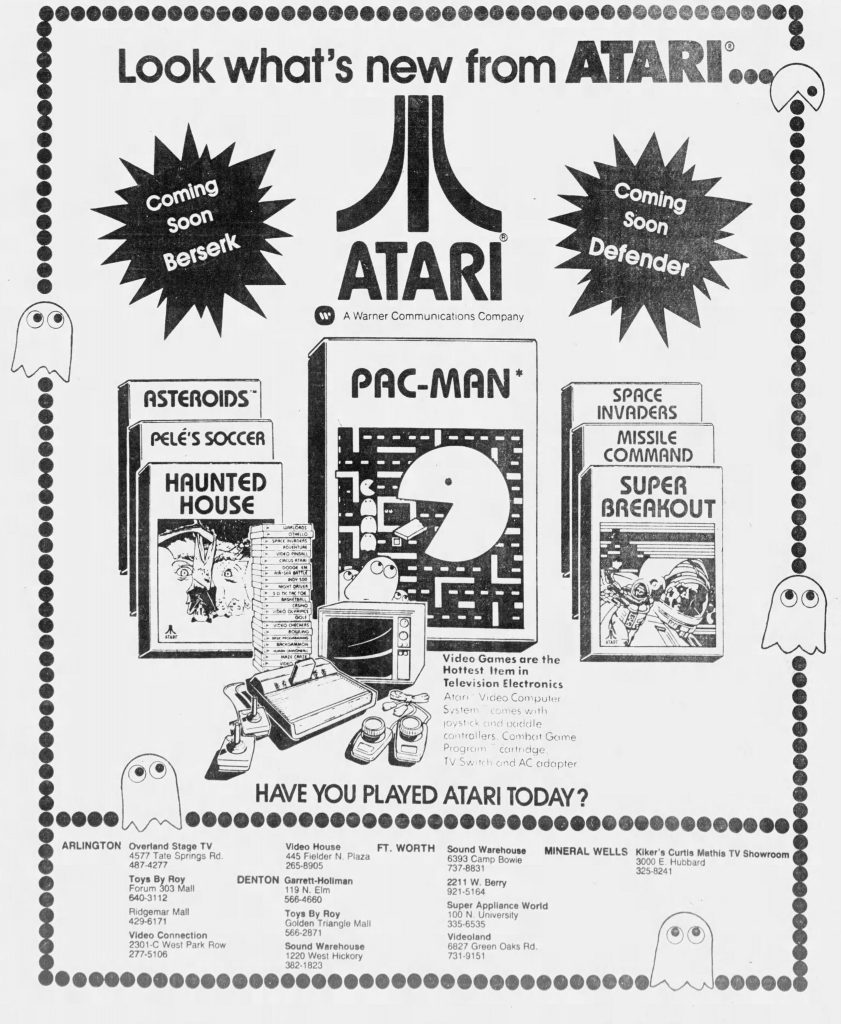
Some of my clearest and fondest childhood memories are being in the kitchen with my grandmother and learning how to bake.
My grandmother and my grandfather immigrated from Mexico to the Maryland suburbs in the late 1950s. Raising six children while learning English as a second language and living as a minority in a very homogenous community could not have been easy for her—but by the time I knew my grandmother, she was, to my eyes, the picture of American suburban domesticity. Alongside our Mexican staple dishes at the dinner table, my grandmother loved to bake sweet treats out of her much-beloved Better Homes & Gardens cookbook. And, as soon as I was old enough to hold a mixing spoon, I would be beside her, learning how to level the flour in a measuring cup and stirring the mixing bowl for bundt cakes.
When my grandparents retired and moved from Maryland to Texas in 2003, that cookbook was donated–hopefully continuing to aid other amateur chefs to this day. But recently, I found myself wondering about one particular recipe.
So, I turned to the Internet Archive and was surprised and delighted to find that we have a digitized version of the same Better Homes & Gardens New Cookbook I remember so fondly from my childhood. And there, on page 258, was the first recipe I remember baking on my own at eight years old: a batch of Peanut Butter Cookies. Looking at the recipe now, I’m transported back to that time, remembering how proud my grandmother was when I showed her the cookies I’d baked.
I know that among the millions of texts in the Archive, there are countless other memories like this one waiting to be unlocked for numerous patrons. As I was perusing our collections, I stumbled upon some new favorites, including:
- A Bethel College Family Favorite Gourmet Reipe Book from 1992
- A personal recipe book compiled by Douglas Perkins and published on the Archive in 2016
- Lisa Penner’s Christmas 1998 Family Recipe Book
I love each of these texts because I know each recipe contained within their pages likely has a story just like my own—beautiful memories of cooking them for and with loved ones.
I hope you’ll also consider supporting our work in helping us preserve numerous cherished memories on the Archive. To make a year-end donation, please visit archive.org/donate. Thank you to all of our supporters who make this work possible.

Jessica Cepeda joined the Internet Archive’s Philanthropy team as a Major Gift Officer in 2022. She has a passion for engaging with donors and connecting them with opportunities to support the Archive. She comes to the Archive with a decade of experience in nonprofit development and individual giving, most recently at NYU Stern School of Business. She received a BA in the College of Letters from Wesleyan University and loves that her work at the Archive marries her passion for books and technology and her deep and abiding belief in providing free and open access to knowledge. Jessica lives in Brooklyn, NY, which she has called home for the last ten years. Outside of her work for the Archive, she enjoys traveling, reading, cooking, and exploring the city with her dog, Harry.








